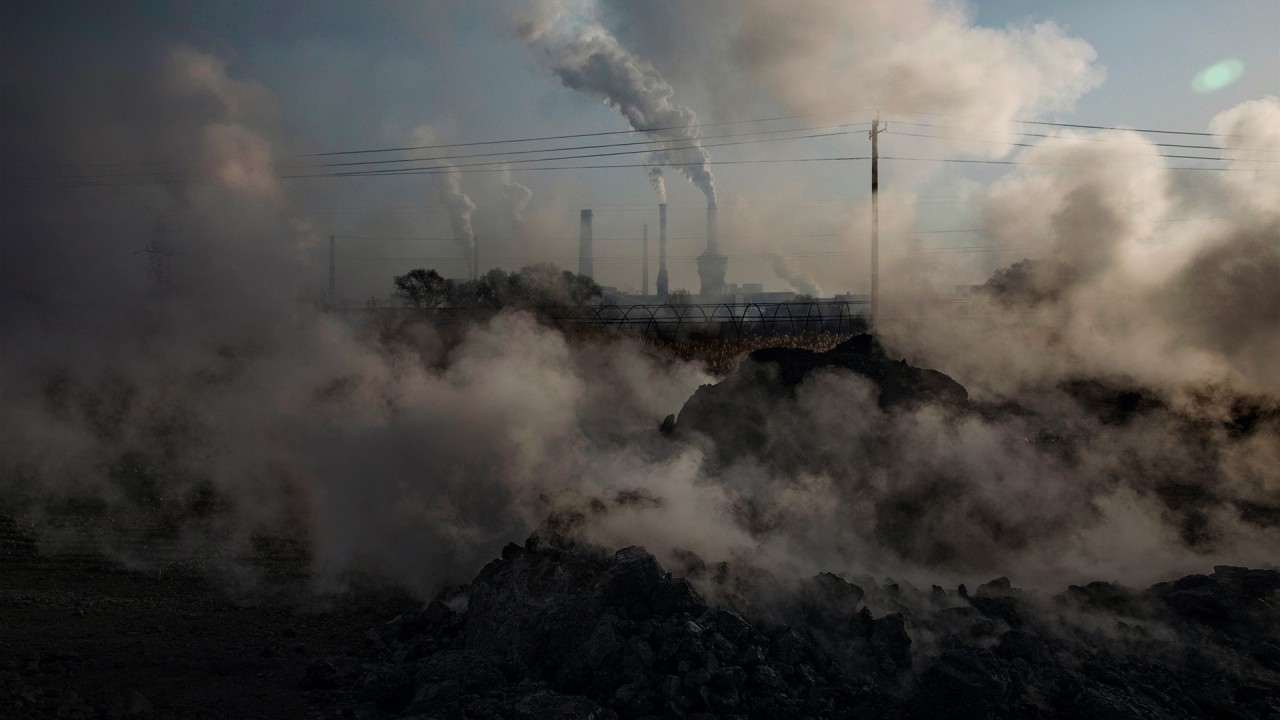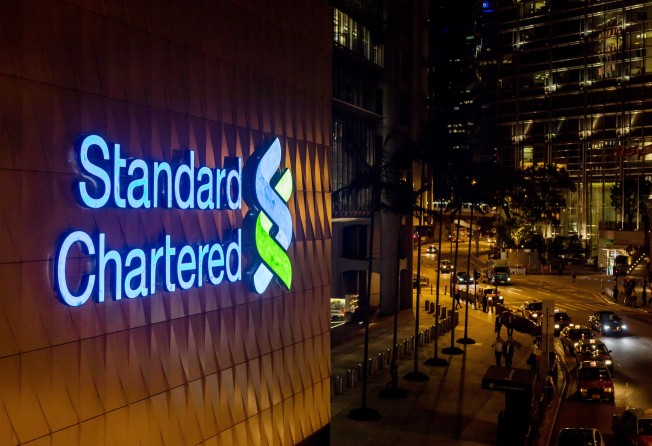
03:38
COP26 Glasgow, the UN Climate Change Conference: last chance to save the planet?

Standard Chartered said it will deploy US$300 billion for green and transition financing in the next decade and simultaneously seek to cut the emissions associated with its lending to carbon-intensive sectors, such as oil and gas, as part of its efforts to reach net zero carbon emissions by 2050.
The bank, one of Hong Kong’s three currency-issuing lenders, said on Thursday that it would stop financing companies expanding in thermal coal and would seek to reduce its absolute financed thermal coal-mining emissions by 85 per cent by 2030, on top of its existing ban on funding new or expanding coal-fired power plants.
By 2030, the London-based lender, which generates much of its revenue in Asia, will only provide financial services to clients who are less than 5 per cent dependent on revenue from thermal coal.
All clients in power generation, metals and mining and oil and gas sectors will need to have a strategy in place by the end of next year to transition their business in line with the goals of limiting global warming under the 2015 Paris agreement, Standard Chartered said.

03:38
COP26 Glasgow, the UN Climate Change Conference: last chance to save the planet?
“As we reduce the emissions associated with our financing activities to net zero, we will also tackle financial barriers to the transition, including by making more green and transition finance available,” Standard Chartered CEO Bill Winters said in a statement. “This will help clients on a path to net zero while maximising the benefits of a just transition for people and communities.”
Net zero, also known as carbon neutrality, is achieved when emissions are offset by deploying facilities to capture and store the same amount from the atmosphere.
The announcement came just days ahead of the UN Climate Change Conference, known as COP26, kicking off in Glasgow this weekend and as climate change takes a greater focus in investors’ portfolios.
On Wednesday, activist hedge fund Third Point called on Royal Dutch Shell to split into multiple stand-alone companies, with a legacy business focused on its oil and gas operations. That followed a court in The Hague ordering the energy company to speed up its plans to cut emissions in May.
Banks themselves are under increasing pressure from investors and activists to reduce their financing for fossil fuel producers and heavy-emitting industries, but also want to strike a balance to help finance clients who are seeking to transition their operations.
Crosstown rival HSBC said in March that it would end financing of coal mining and coal-fired power plants in the European Union and countries that make up the Organisation for Economic Cooperation and Development (OECD) by 2030, and a decade later elsewhere, after facing investor pressure. The largest of Hong Kong’s currency-issuing banks, HSBC also is seeking to reach net zero in its loan portfolio by 2050.
HSBC previously said it would provide up to US$1 trillion in financing and investment to clients by 2030 as it seeks to reduce financed emissions in its portfolio to net zero within three decades’ time.
More than half of the 59 markets where Standard Chartered currently operates have not adopted commitments to reach net zero by 2050, the time frame to limit global warming to 1.5 degrees Celsius under the Paris agreement.
“Many of these markets are currently reliant on carbon-intensive industries for their continued economic growth,” the bank said. “Achieving a just transition – one where climate objectives are met without depriving developing countries of their opportunity to grow and prosper – will require capital and specialised support. We are uniquely placed to help by directing capital to markets that have both the greatest opportunity to adopt low-carbon technology, and some of the toughest transition-financing and climate challenges.”